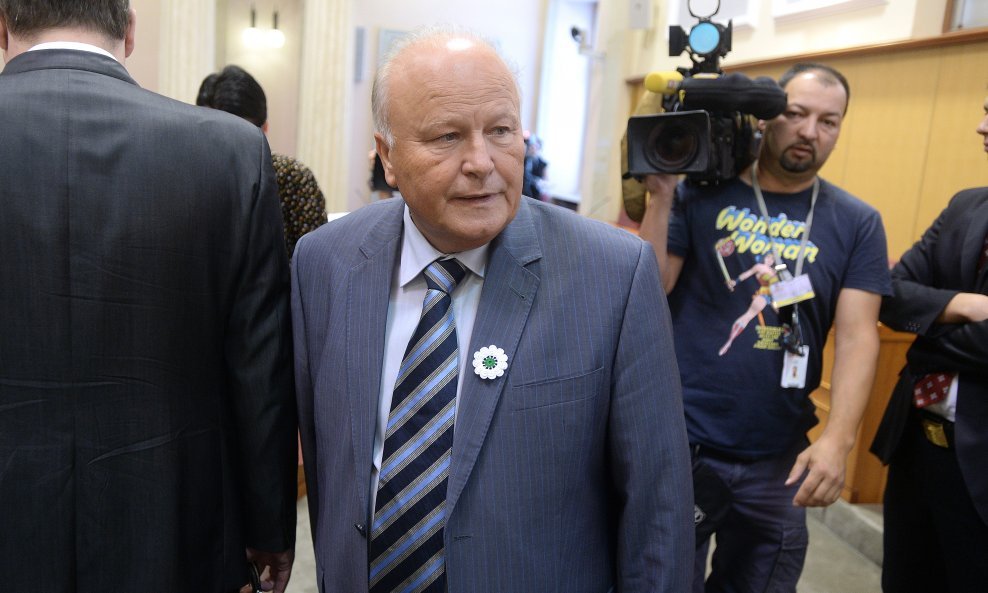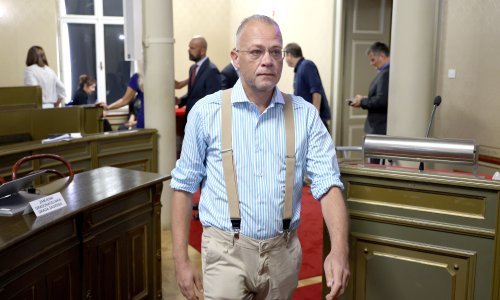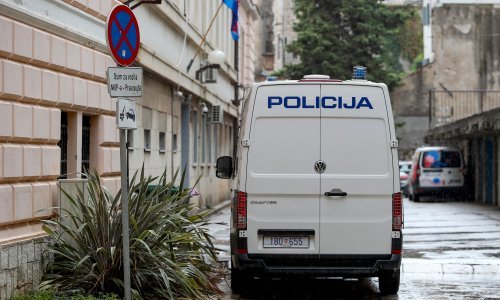Finance Minister Slavko Linic believes he did not overreact to the decision by Commercial Court judge Mislav Kolakusic to stay the pre-bankruptcy settlement proceedings in the case of the power transmission equipment manufacturer Dalekovod, and the minister reiterated on Monday that he did not have a good opinion about the judge.
"I do not have a good opinion about the judge who refuses to administer justice. At the moment he is endangering the entire system. He could have caused a severe standstill," Linic told the public broadcaster HTV in an interview on Monday evening.
Linic said he did not question the judge's right to seek the Constitutional Court's opinion on the Pre-Bankruptcy Settlement Act, but that he thought that the judge should have delivered a ruling, be it positive or negative, rather than suspend the case pending the Constitutional Court's judgment.
"For this judge, not taking a decision is normal, while for us in the government that is not normal. He should have accepted or refused the pre-bankruptcy settlement. If he had refused it, Dalekovod could have appealed, and if he had accepted it, the company would have gone into receivership. There is no other option for Dalekovod -- it's either a bankruptcy or a pre-bankruptcy settlement," Linic said.
The minister recalled that the company had over 1,600 workers and was losing contracts because of the stay of the court proceedings, while at the same time the creditors could not recover their claims.
"It is not a problem to file a request for assessment of constitutionality, many citizens have done it and any judge in Croatia can do it, but he should not have stopped the implementation of the law. We have the Pre-Bankruptcy Act and many judges observe it in the administration of justice, but this one judge is refusing to pass a ruling," Linic said, thanking judges who had not followed Kolakusic's example.
Linic recalled that the Act had been passed because of the inefficient system, citing illiquidity, 44.7 billion kuna in unpaid invoices and lengthy court proceedings in bankruptcy cases. He said that court cases had usually taken ten years to complete, with 8-10% of claims recovered.
































